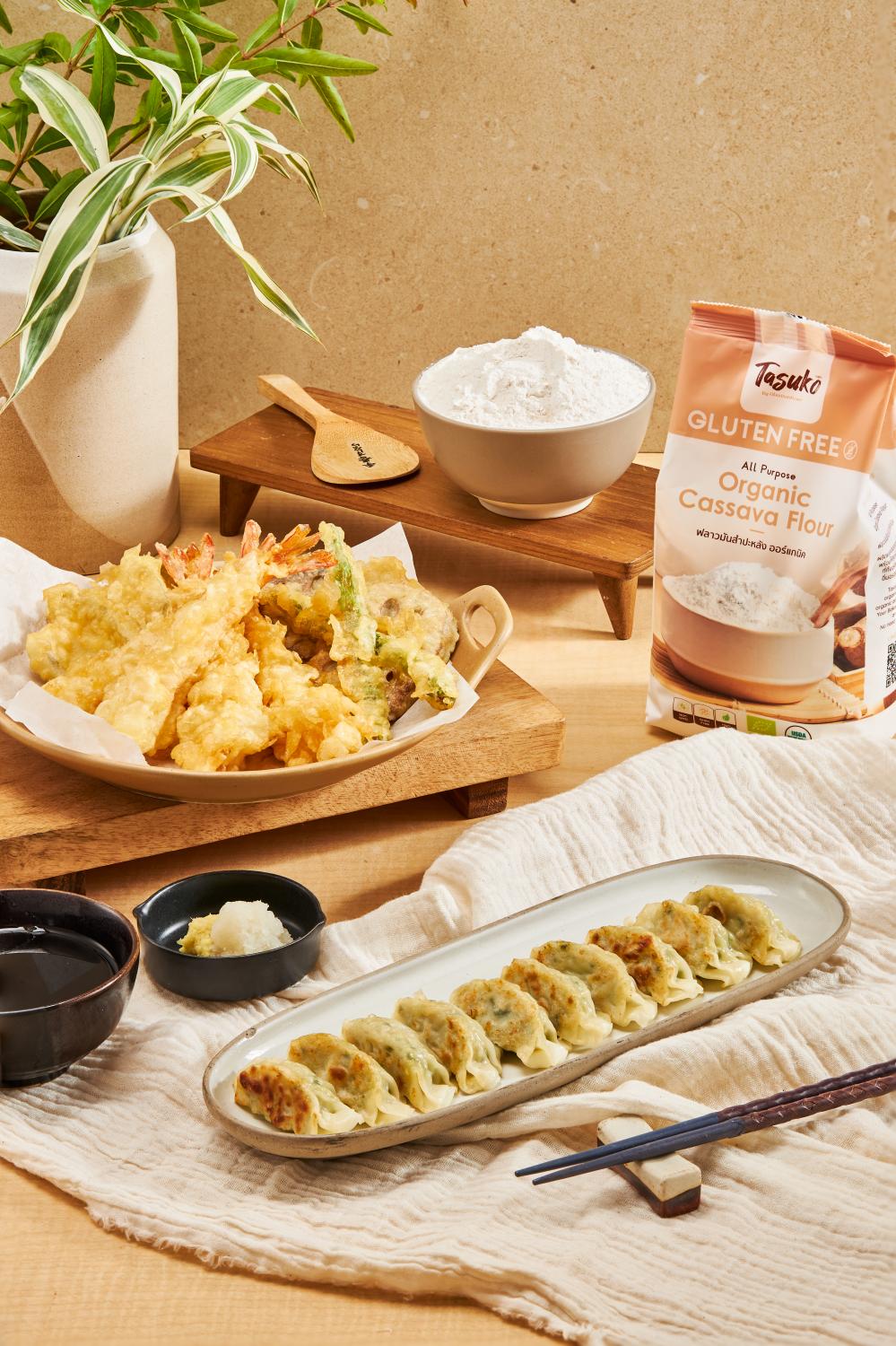Ubon Bio Ethanol Plc (UBE), a manufacturer of cassava-based products, expects its revenue to grow by 10% this year thanks to higher prices of ethanol and flour both domestically and overseas.
Last year, the company earned 7.25 billion baht.
Higher prices of raw materials have resulted in ethanol and flour becoming more expensive.
During the first nine months of this year, ethanol reference prices on average, based on the Energy Policy and Planning Office, rose by 9-10% year-on-year, while average flour reference prices, based on the Thai Tapioca Trade Association, also increased by 9-10% year-on-year.
According to UBE, the price of ethanol domestically increased to 30 baht a litre as of Nov 6, up from an average price of 26-29 baht a litre last year.
Thailand mixes ethanol with gasoline, using a range of different proportions, to produce gasohol. People are expected to purchase more gasohol 91, which has 10% ethanol content, after the government decided on Nov 7 to reduce the price by 2.5 baht a litre, as part of its efforts to keep energy prices in the country under control.

Gluten-free flour is one of the value-added products manufactured by UBE. The company is working with biotech experts to produce functional food.
The price of gasohol 95, which also has 10% ethanol content, will be reduced by 1 baht a litre.
Other types of gasohol will be reduced based on different rates. The prices of gasohol E20, which has 20% ethanol content, and gasohol E85, which has 85% ethanol content, were both reduced by 0.8 baht a litre.
UBE is producing 400,000 litres of ethanol per day and 100 tonnes of flour per day.
The company has allocated capital spending worth 550 million baht between 2022 and 2023 and part of the funds would support a project to increase UBE's ethanol production capacity to 450,000 litres a day, which is scheduled to be completed next year, said Sureeyot Khowsurat, managing director of UBE.
UBE is also working on a plan to increase its flour production capacity to 300 tonnes a day. The plan is currently in the front-end engineering design stage.
Ms Sureeyot said the company is transforming its business, with the aim of becoming a food producer, by teaming up with Biom Co, a startup spun off from Chulalongkorn University.
Biom specialises in biotechnology research and development.
UBE allocates 5% of its profit annually to support the development of new flour products.
The UBE-Biom collaboration will support research on special enzymes that can be used to develop functional ingredients to make functional food products. These food products not only provide nutrients and energy but can also, for example, modulate functions in the body to reduce the risk of developing certain diseases.
Ms Sureeyot expects the new know-how to support the firm's plan to commercialise value-added flour products.